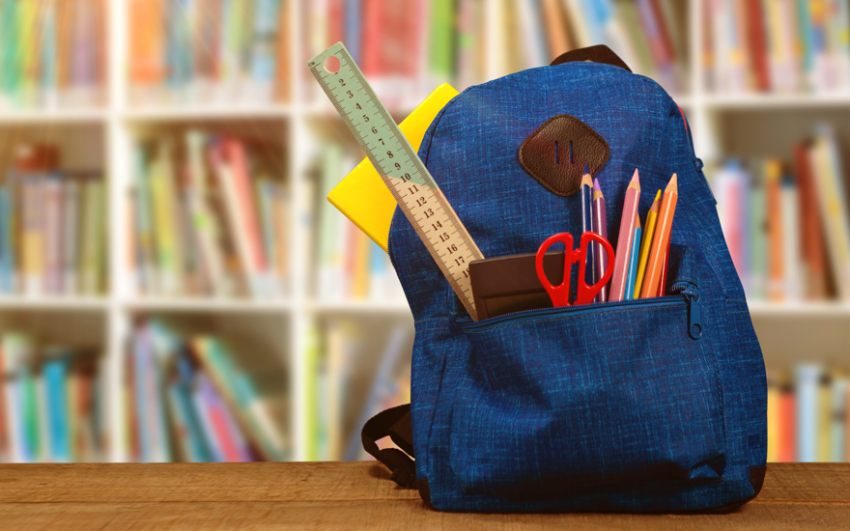School will be back in session soon. Even if your classroom pursuits are behind you, the onset of another school year is a great time to check your financial status. Read the tips below to see if you feel confident enough to go to the head of the class, or if it’s time to reflect, review and revise. Let’s begin.
What are your financial goals?
If you don’t have financial goals (a new house, college for the kids, retirement, etc.), give it some thought. Specific, measurable, and attainable goals will help you save for your dreams and prepare for the future. If you have done this, give yourself an A. If not, take some time to do your homework and make some adjustments.
If retirement is a top priority on your list of goals, where are you?
No one can know for sure what the future holds regarding interest rates, investment returns, and other variables such as the cost of utilities and healthcare, but a common guideline is to retire with a minimum of $1 million in retirement savings. However, according to the U.S. Census, less than 3% of the U.S. population has a million dollars.* If you are like the 97% of Americans who aren’t saving enough for retirement, you may want to check with a financial advisor to help get you on the right track. Don’t fret, even the best students can learn from an expert.
Clear off those credit card balances!
Whipping out your credit card for making purchases you can’t afford, as well as the interest you pay on the outstanding balance contributes to mounting debt. If it’s difficult for you to stick to a budget or use credit wisely, keep a spending journal. At the end of each day, write down how much money you spent on what. Keep your receipts too, and at the end of the month, review what you’ve purchased in total. You may be surprised at how much you paid without even realizing it. No cheating. Write down all purchases. This exercise is meant to help you, and cheaters never prosper.
Review your life insurance coverage.
Life insurance could provide income tax-free death benefits to protect your family – do you have enough, and is it permanent? Whole Life coverage provides coverage for your entire life at fixed payments with guaranteed death benefits to protect your beneficiaries. Universal life insurance provides financial security for you and your loved ones while offering you flexible premium payments and an adjustable death benefit.
What about other insurance?
Do you have enough homeowners insurance? Are your long-term health care needs properly funded? Do you have disability insurance to fill the gap should you need to replace your income? Do you have a sound salary replacement plan to get you through an uncertain economic climate?
Be prepared for the unexpected.
It’s not just a motto. Having an emergency fund with a minimum of three to six-month cushion to live on if the unexpected happens is sound advice for everyone. The amount you save depends on your personal circumstances. Just remember this fund is for expenses if you lose your job, need to purchase a new refrigerator, pay unplanned medical bills, etc. It’s not for a new wardrobe, motorcycle, or home renovation.
It doesn’t matter if you are a college professor or a student of life, taking the time for a yearly financial checkup makes dollars and cents.
*MoneyTalksNews: “How Many Americans Have $1 Million in Retirement Savings?”
The above does not constitute legal, tax, or financial advice. Please consult a licensed professional for recommendations applicable to your specific situation.
TRN00054; Rev. 7-2025


